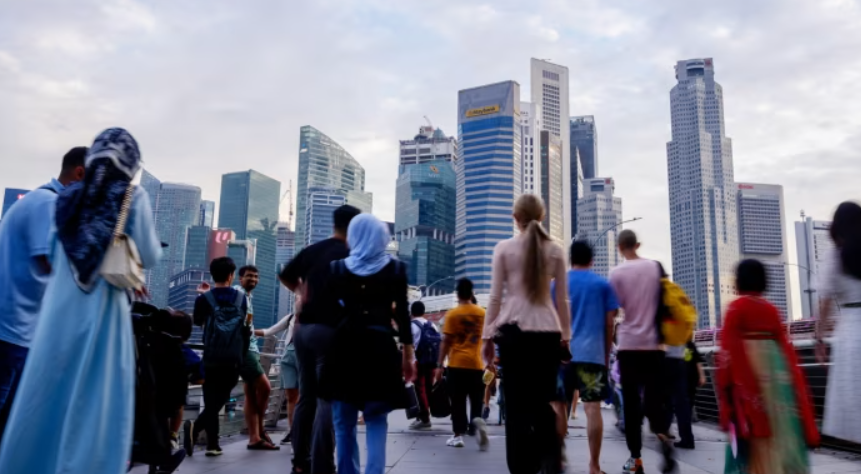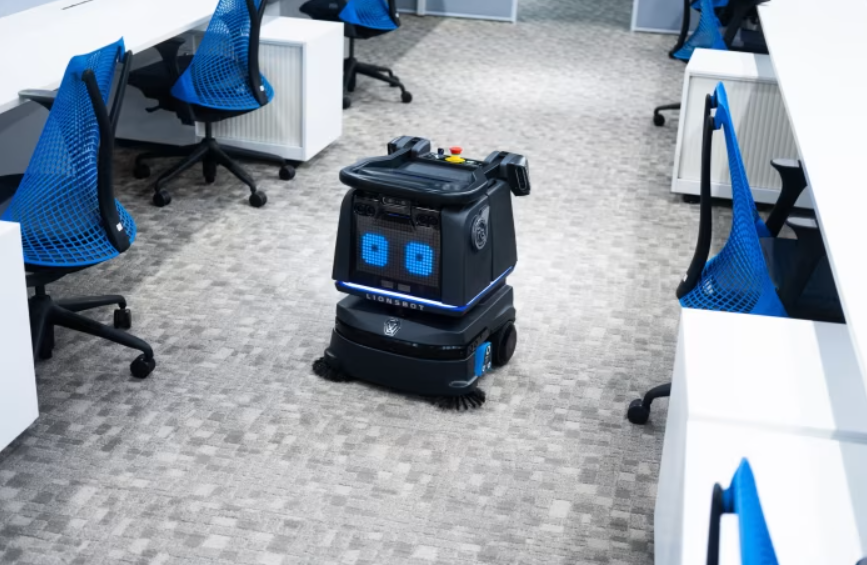Singapore, despite its modest size and population, has emerged as a powerhouse for high-growth companies in the Asia-Pacific region. This small city-state, home to just 6 million people, hosts more businesses in the Financial Times‘ 2023 ranking of high-growth companies than any other city in the region. This achievement underscores Singapore’s strategic importance and appeal to entrepreneurs and investors globally.

Strategic Location and Supportive Environment
Singapore’s prominence as a business hub can be attributed to several factors. Its strategic location as a trading entrepôt between East and West, combined with supportive government policies, a robust legal framework, and a skilled workforce, makes it an attractive destination for businesses. The city’s neutrality in the geopolitical landscape, especially amidst tensions between the US and China, adds to its appeal for companies seeking stability and continuity in their operations.
The diversity of high-growth companies based in Singapore is notable. The city-state is home to 93 businesses in the FT’s ranking, spanning sectors such as manufacturing, artificial intelligence, software, commodities, and healthcare. This breadth highlights the city’s capability to support a wide range of industries.
For instance, Lionsbot, a manufacturer of cleaning robots, ranks 23rd with a compound annual growth rate (CAGR) of 178% from 2019 to 2022. Co-founder Dylan Ng attributes their success to Singapore’s neutral status and strong legal system, which provide a stable environment for business operations. Similarly, iCare, which ranks 65th, benefits from Singapore’s high reporting and accounting standards, offering a “layer of safety” that simplifies paperwork and reassures investors.

Expanding Horizons and Local Opportunities
While many high-growth companies in Singapore generate most of their revenue from international markets, the city-state remains a crucial base for their operations. Skrya, ranked 10th, exemplifies this trend. The company, which recycles materials like palladium and platinum, plans to expand internationally, opening a new plant in India to boost its revenue significantly. Despite this international focus, Singapore’s stable reputation and ease of business setup made it an ideal headquarters.
Even tech start-ups like X0PA AI, which uses artificial intelligence to streamline hiring processes, benefit from Singapore’s supportive ecosystem. Founder Nina Suri notes that government grants and resources were instrumental in establishing their base in Singapore, though expansion into overseas markets is necessary for growth.

However, the rising cost of doing business, particularly in terms of manpower, poses challenges. A survey by the Singapore Business Federation in January highlighted that increased business costs are a major concern for companies. Despite this, the advantages of operating in Singapore often outweigh the drawbacks.
Some companies continue to find ample opportunities within Singapore’s domestic market. Doctor Anywhere, a primary care telehealth start-up, has expanded into offline services, including health screenings and imaging diagnostics. Ranked 55th with a CAGR of 124%, the company is building out its services locally before replicating its model in other regional markets like Malaysia and the Philippines.
To read more startup stories visit- thesingaporepress

